- Arakan Army’s handover of 73 Bangladeshi fishermen signals potential boost in border cooperation
- Myanmar military officers accused of profiting from dismantled homes in Sittwe villages
- DMG Editorial: A Parliament Without the People Cannot Govern Arakan
- Displaced Arakanese struggle to rebuild homes leveled by junta airstrikes
- India suspends Arakan trade route for two months after death of truck driver in Paletwa
Livelihood hardships, rising prices leave grassroots struggling nearly a year since coup
As Myanmar approaches the one-year anniversary of the military coup that toppled the country’s democratically elected government on February 1, 2021, average citizens are, with few exceptions, reporting that they are notably worse off than they were a year ago.
23 Jan 2022
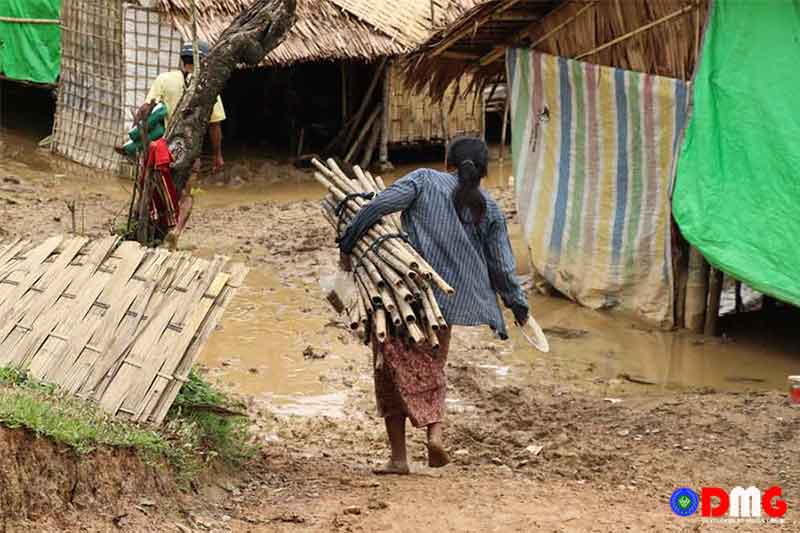
DMG Newsroom
23 January 2022, Yangon
As Myanmar approaches the one-year anniversary of the military coup that toppled the country’s democratically elected government on February 1, 2021, average citizens are, with few exceptions, reporting that they are notably worse off than they were a year ago.
A housewife in Nyaungdon town, Ayeyarwady Region, told DMG that commodity prices have steadily increased since the coup, making it difficult for families like hers to make ends meet.
“Among others, rice and oil prices have risen and it is worse for the families. A bag of rice was K20,000 previously, but it has risen to more than K30,000 now,” she said.
The price of cooking oil has soared from K6,000 per viss to K18,000 per viss, and the prices of vegetables have also increased, she added.
A taxi driver in the commercial capital Yangon said his industry and others in transportation-related businesses are struggling due to rising petrol prices.
“It was K850 per litre of RON92 and it is around K1,500 right now. As the price of fuel oil goes up, taxi fares also go up, and the number of passengers declines. Sometimes, I have a day without having a passenger,” he said.
Fighting between Myanmar’s military regime and armed opposition groups, including ethnic armed organisations and People’s Defence Forces — the latter having been formed since the coup — has plagued large swaths of the country for nearly a year. The continuing instability has decimated the country’s economy and displaced tens of thousands of civilians.
“If the situation continues like this, the lives of the grassroots will get worse,” said one political analyst. “The United Nations said Myanmar is one of the countries that will face food scarcity due to conflicts this year. UMFCCI [Union of Myanmar Federation of Chambers of Commerce and Industry] is working with the government to control prices, but goods continue to get more expensive.”
The fallout from the coup has included geopolitical consequences, with widespread international condemnation heaped upon the military regime.
The French multinational oil and gas conglomerate Total, and the US oil giant Chevron, both of which have been doing business in Myanmar for decades, announced on January 21 that they are withdrawing from the country, citing the junta’s human rights abuses since seizing power.




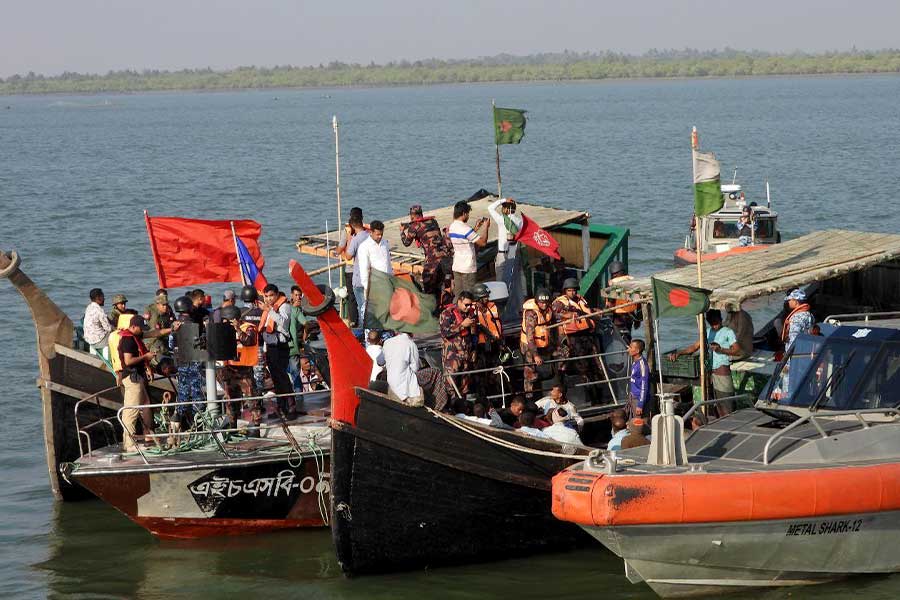
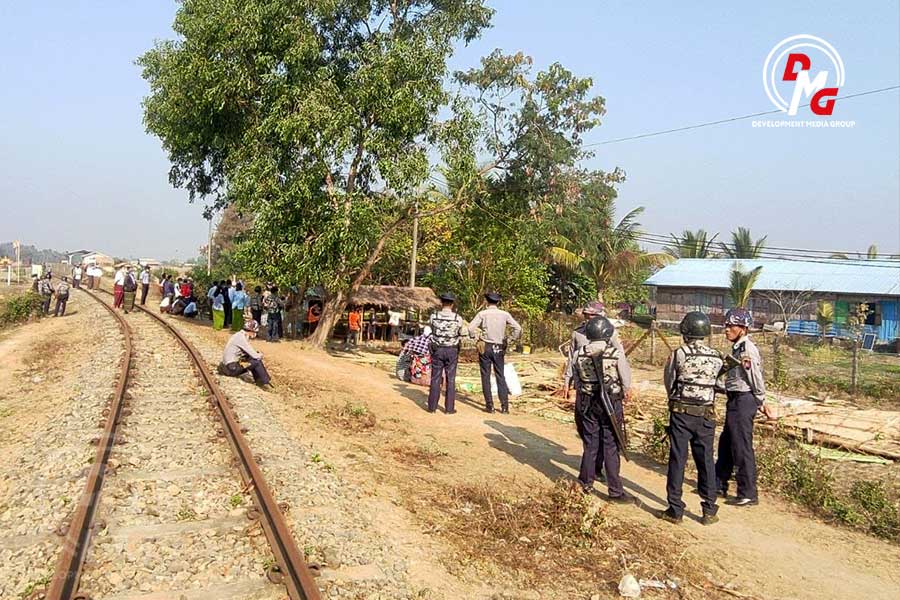
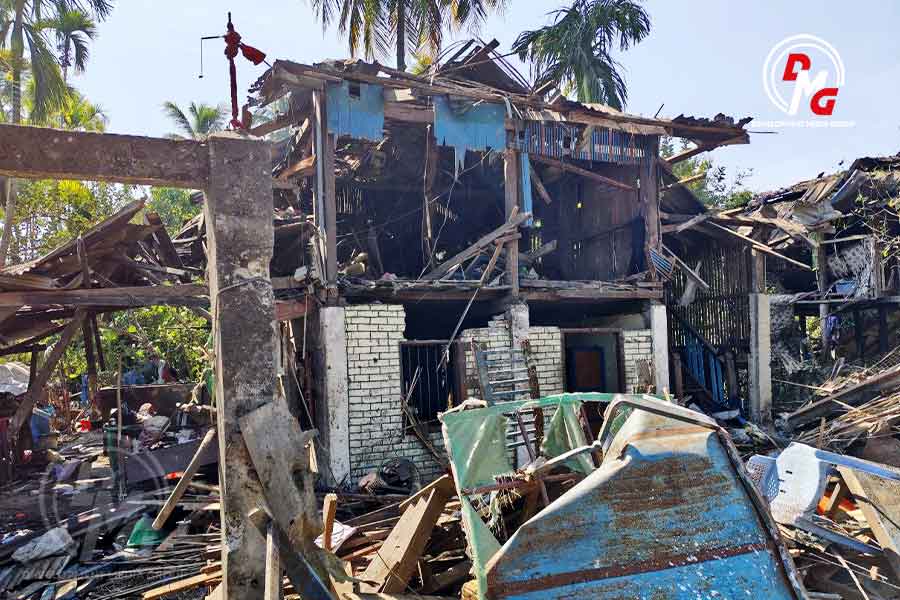
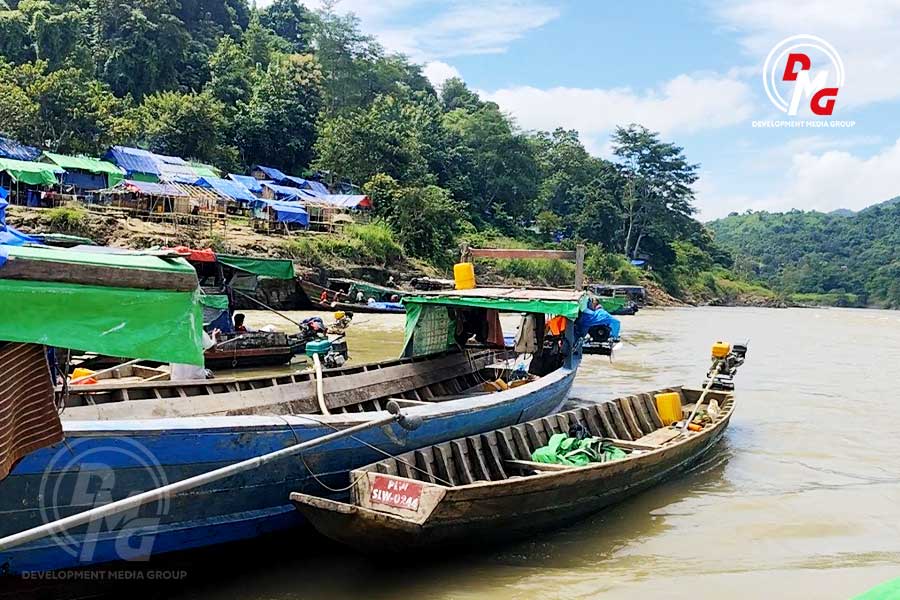








.jpg)
